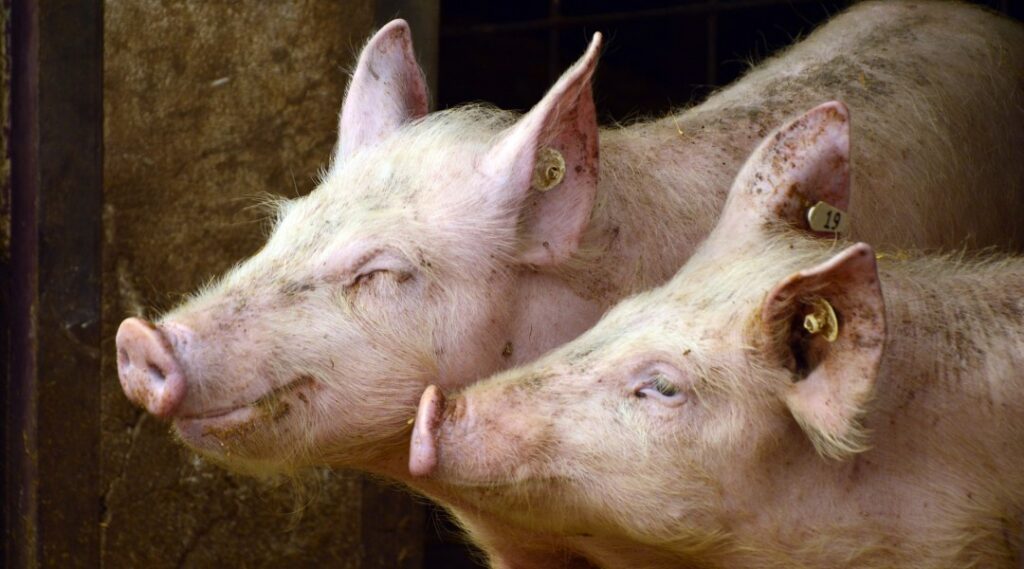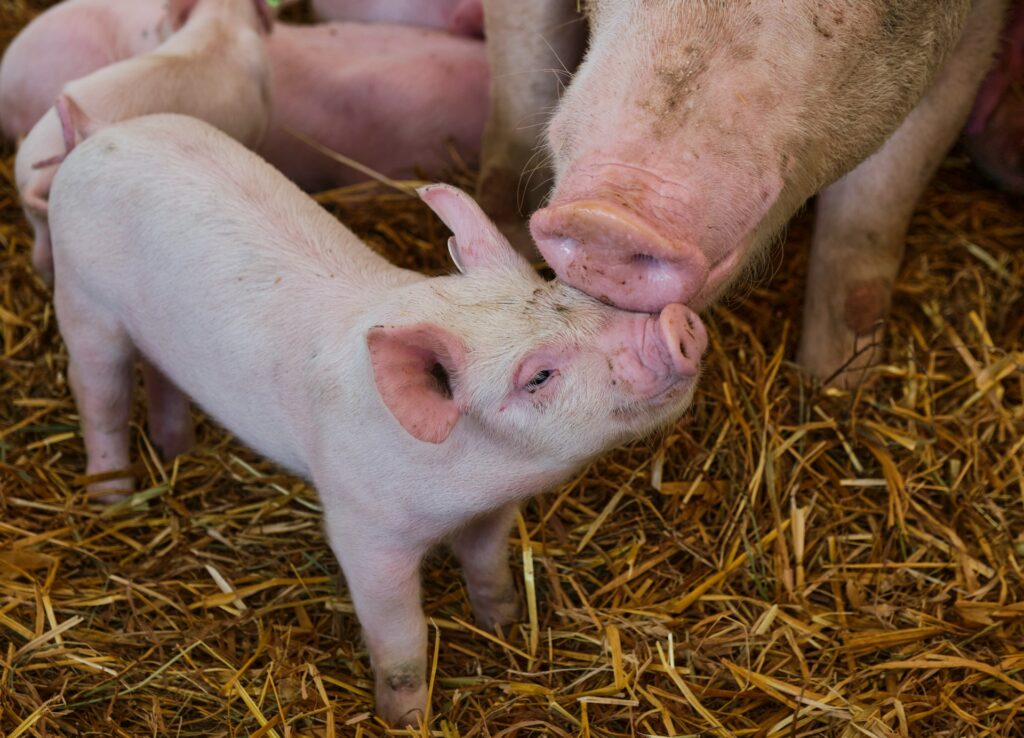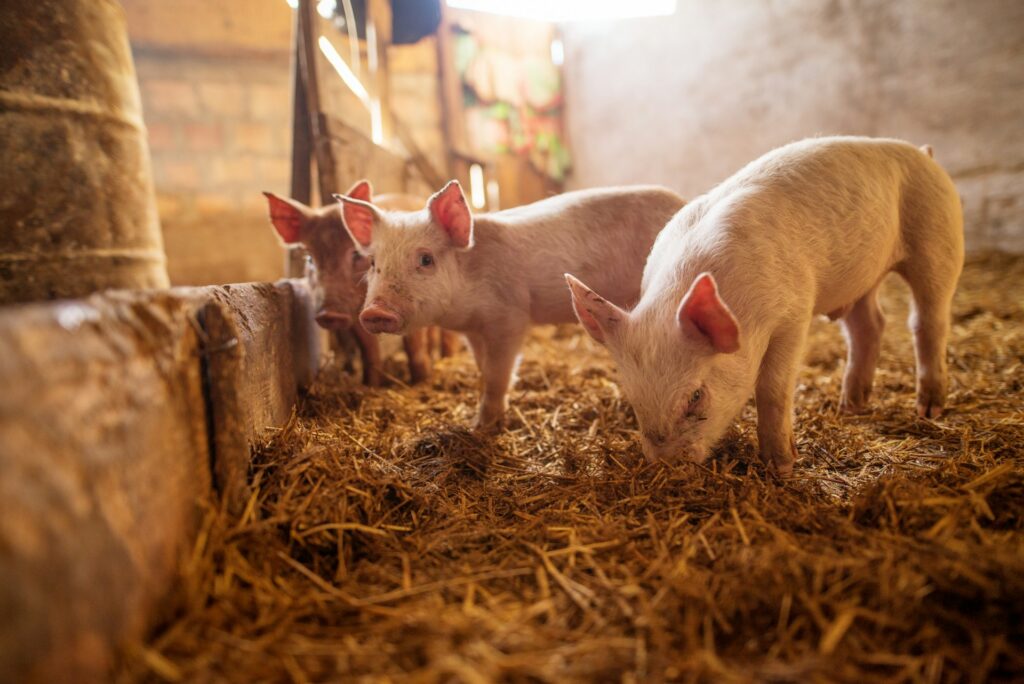Estonia is bracing for its most serious outbreak of African swine fever – known as ASF – in a decade, after the country’s largest pig farm was forced to cull more than 27,000 animals.
The virus, confirmed at Ekseko farm in Viljandi County, strikes a devastating blow to national pig production. The affected farrowing unit alone provides about 45 per cent of Estonia’s piglets. Officials warned the losses could disrupt supply chains and weaken the country’s food security.
African swine fever is highly contagious among domestic pigs and wild boar. It causes fever, haemorrhages and near-total mortality. The disease does not infect humans, but can be spread by contaminated vehicles, footwear and equipment. There is no treatment or vaccine; once detected, culling is the only option.
“In both farms tested, one pig was confirmed positive, but the outcome is unavoidable – all pigs must be destroyed,” Inge Saavo, the head of the southern region of the Estonian Veterinary and Food Board, said.
A crisis on a national scale
The scale of the operation is immense. Ekseko’s farrowing unit alone holds 27,000 pigs. “We are talking about a crisis on a national scale,” Priit Dreimann, a board member of Maag Agro, the farm’s owner, said. “The entire production chain will be disrupted, and farming at Ekseko will be halted for a significant time.”

The outbreak comes at the height of the annual danger period. Since the start of the summer, ASF has been confirmed in 125 wild boar and ten domestic pig herds, affecting more than 54,000 pigs nationwide. All previous outbreaks in Estonia have been detected between June and September, when the virus is most active.
The Veterinary and Food Board has imposed strict measures: no movement of pigs in or out, total disinfection of equipment and clothing, and restricted access to infected zones. Farmers and local residents are being urged to report any dead wild boar they find, preferably with photographic evidence.
Protesters oppose the mass culling
Not all measures have been welcomed. Earlier this month, protesters gathered at Nurme farm to oppose the mass culling of pigs. The demonstration delayed operations until laboratory confirmation arrived from Spain. Farmers, meanwhile, face not only financial losses but also emotional strain. Officials have promised psychosocial support, acknowledging the toll of mass culls and quarantines.

Despite the outbreak, supermarket shelves remain stable. More than 70 per cent of pork sold in Estonia’s major food retailers is domestic, and prices have so far held. Some chains source pork from Latvia, but supplies are not linked to the ASF outbreak.
African swine fever remains a long-term threat. Estonia’s modern farming methods and digital governance offer little protection against a virus spread by wild boar and mud-caked tyres. For a country that prides itself on self-sufficiency, the events at Ekseko are a reminder of how fragile that security can be.

